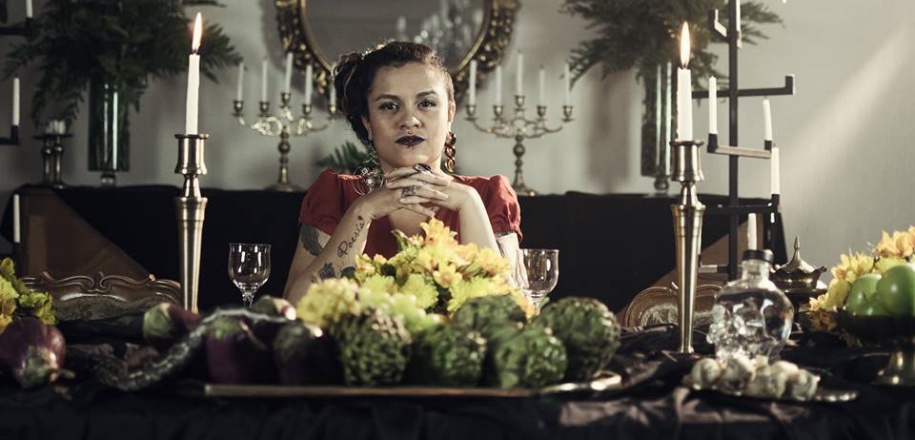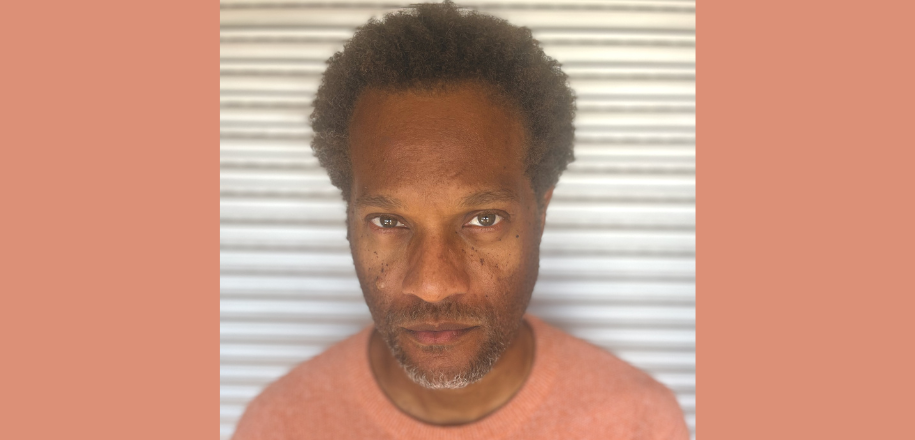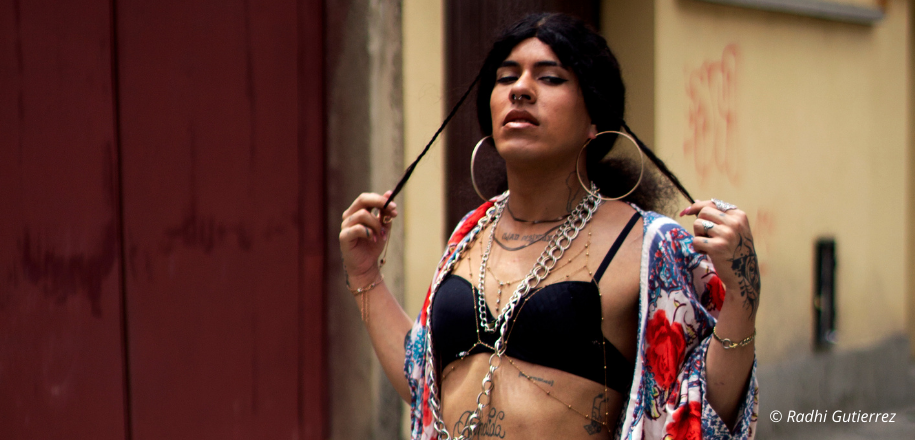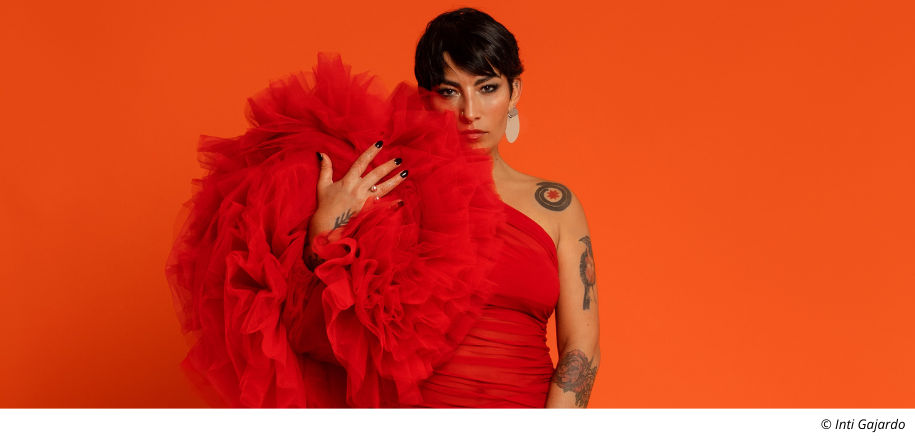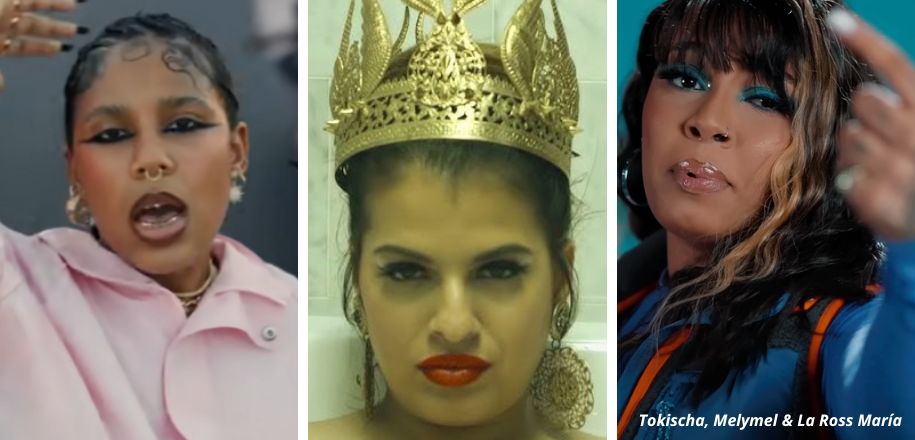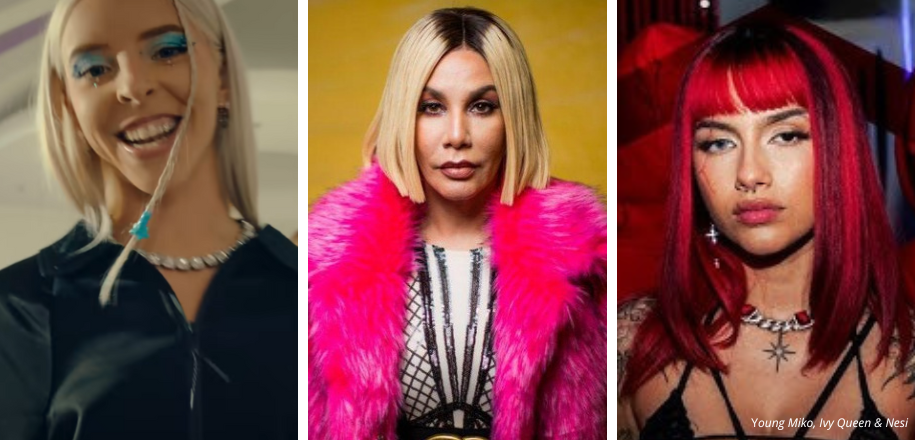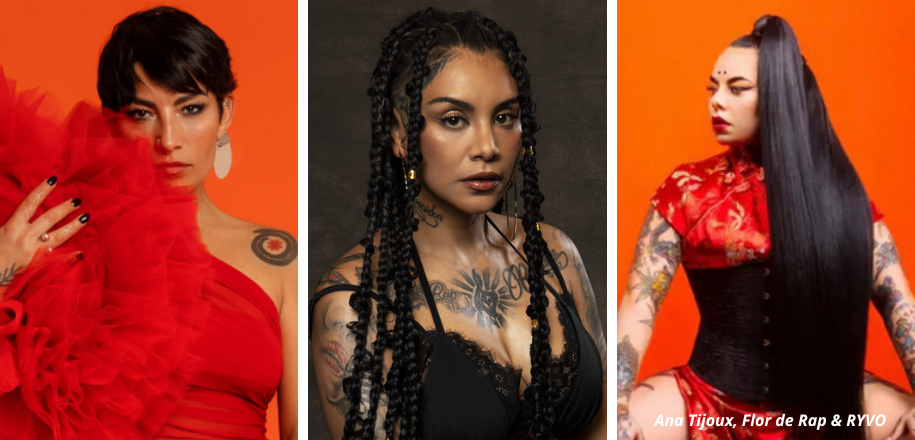Your biography is quite crazy! Can you just sum up for us the political context in which you were born and how that led you to hip hop?
That’s a very difficult question for a sociologist haha. But I’ll try. There was in Guatemala between 1954 and 1996. I was born in 1984, during the hardest years of the war. There was a genocide against indigenous communities and kidnappings, forced disappearances and murders of political activists. My aunt was kidnaped by the military government and then disappeared in 1981 and I was named after her, Rebeca Eunice. Because of this, I started to be an activist when I was really young, fighting for social justice and historical memory for victims of the war.
During the war, young people could not do anything, not even art. So after the peace agreements were singed in 1996, we started to organize ourselves in both political activism and art. We were talking about the war and our experiences. I was doing poetry and theater and was a big fan of the hip hop scene, that was growing really fast. So I joined a hip hop crew called Última Dosis and started to rap with them.
How is rap music perceived in Guatemala? Is it popular?
For many young people, hip hop culture was a way out of all the violence we were living. Even though the war was over, the violence never ended, especially against young people. This culture has become very popular in marginalized hoods, giving the opportunity to people who don’t have the chance to get artistic education to become artists and activists in their communities. It has also been a way of escaping gangs or armed groups linked to crime and drug dealing.
Because of this, our culture suffers stigma from the authorities and they use violence in many ways against hip hop activism. Some of our colleagues have been killed or disappeared. And it’s also hard to find venues to do our events.
Despite this, we are a very big community growing, finding spaces to do education processes and teach Hip Hop to others, finding places that support what we do both artistically and politically, and do festivals or concerts. We are not mainstream or don’t have the support of anyone from the music industry, but this hasn’t stopped us.
You’re also into theater and poetry and have a blog called “Mujeres de bolsa grande”. What is the common point between all this?
Theater and poetry helped me to rap and perform, but I no longer do it so consistently. My last theater play was about three years ago. And my blog is like my poetry archive, I’m working on publishing two books with my poems, but with so much tours and work in music, I barely have time to do it.
You seem to be just as much involved as an activist as an artist. What are your main struggles?
I still do work on social justice and historical memory for genocide and war. But I’m also involved in feminist struggles and women empowerment through hip hop. I’m working in a structure called “Somos Guerreras“, which is creating a network of women working in hip hop in Central America, doing festivals, workshops and producing a documentary with other rappers and Hip Hop activists: Nakury, Nativa and Audry Funk.
How would you describe women’s condition in Guatemala?
Guatemala is one of the countries with the highest rates of femicides as a result of domesitc violence against women. We are being killed. There are also too many teenage pregnancies as a result of rapes, often within their own family. Also the rape rates are way too high. It is almost as if there was a war in Guatemala.
Another big issue going is that women are resisting mega projects of transnational companies (from Canada, USA and Europe) who are taking away lands that have been protected by communities for hundreds of years. They want to take away our natural resources for profit. So this context has led feminist movements to protect life and protect our land.
Do you consider yourself a feminist? Why?
Yes. I am a feminist because it is a praxis from which I’ve learned how women have always been oppressed over human history, and to fight back for self-love and love to my sisters. It’s because of feminism that I’ve learned to see other women as my allies and not my enemies, and work together to empower one another.
Madame Rap recently interviewed Nina Dioz. How did you end up working together on “No Mas Ne Lo Mismo” and what is the tack about?
It started when I wrote her to tell her I was touring in México and I wanted to meet her and perhaps interview her for the Somos Guerreras documentary. And she told me she was living in Los Angeles. I was on tour in LA, so we met there. I had already met Sista Eyerie in Guatemala and we were in touch with another Spanish rapper Aid, who lived in LA as well. So we decided to get together and work on a track. In the creative process, we all talked about the fact that we were all from different countries and contexts, and how being a nomad was part of being a rapper.
So we decided to write about it. Fortunately Cynthia Vance got to shoot the process of writing and recording of the song and she did a beautiful video too.
What are you listening to these days?
I always like to listen to femcees. So, I’ve been listening to Garee, Zeidah, Miss Bolivia, Sara Hebe and Syla.
What are your upcoming projects?
Right now I’m on tour in Germany and when I come back to Guatemala I’ll work on my new album Alma Mestiza. In September, I have a small tour in Los Angeles and in October in Spain. So, next year I’ll be touring with my new music.
We are also working with the Somos Guerreras crew on the post-production of the documentary on women and hip hop in Central America, so we are looking for funds to finish it.
Find Rebeca Lane on Soundcloud, Facebook and YouTube.

